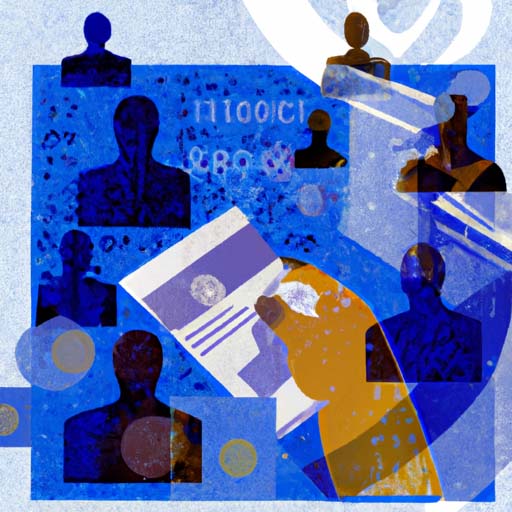TLDR:
– Amazon’s decision to call off its acquisition of iRobot has raised concerns about the exit environment for start-ups.
– The regulatory pushback against large acquisitions is making it increasingly difficult for unicorns (start-ups valued at over $1 billion) to secure profitable exits.
– This could cause substantial damage to the venture ecosystem and threaten the American economy.
– The situation is leading start-ups to consider IPOs as a more viable option, but they will face even more pressure due to regulatory standstills.
– The impact of these failed acquisitions is being felt throughout the ecosystem, raising questions about what exit paths are now available.
– The effect of these “stumped deals” could last until 2024 as companies postpone larger transactions until after the election.
Amazon’s decision to abandon its acquisition of iRobot has sent shockwaves through the start-up world, raising concerns about the viability of exits for unicorns. In the current regulatory climate, being a unicorn looking for an exit is proving to be increasingly difficult. The failed acquisitions of iRobot and Figma have spotlighted the challenges faced by late-stage start-ups in finding a suitable exit strategy. The loss of M&A as a viable option could have significant repercussions for the venture ecosystem and threaten the American economy as a whole. The situation has led to increased pressure on start-ups to consider IPOs as an alternative, but regulatory standstills could make this option even more challenging. The impact of these failed acquisitions is not limited to unicorns; it is sending waves through the entire start-up ecosystem, raising questions about what exit paths are now available. This “exit chill” could continue until 2024, with companies postponing larger transactions until after the election. However, it is worth noting that iRobot’s struggles are not solely due to the regulatory climate. The deal was first announced in 2022, and the price dropped from $1.7 billion due to iRobot’s debt. This suggests that the company’s own difficulties and declining market share played a significant role in Amazon’s decision to abandon the deal. Overall, private markets are facing a challenging environment for exits, and new strategies may be needed to prevent further damage to the venture ecosystem.







